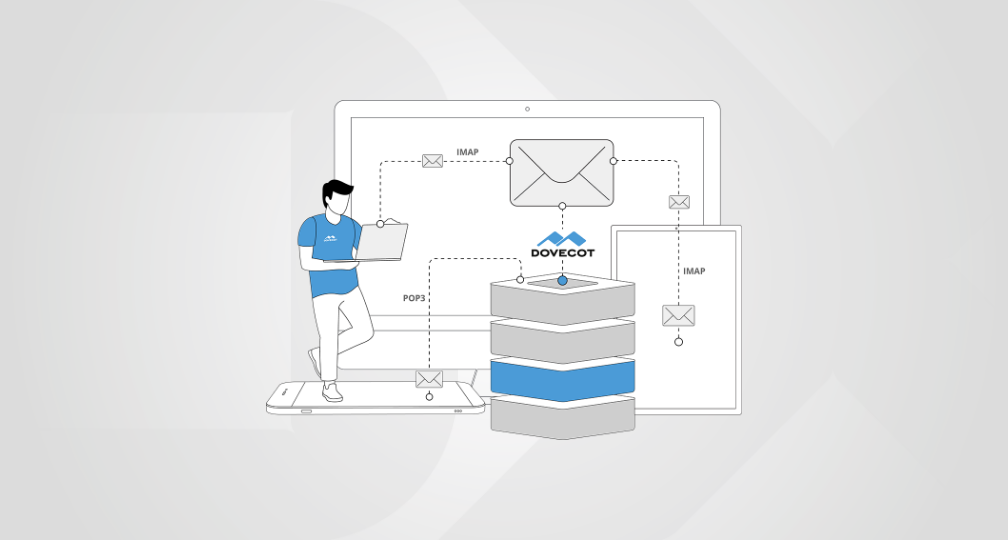Among the issues under discussions in Brussels, the new ePrivacy Regulation proposed by the European Commission could really affect internet usage in Europe. The current ePrivacy Directive, generally dubbed “the cookies law” has not been a success. The new version will go far beyond cookies and determine how and what information ISPs and telco operators can gather on their users’ online activity, the devices and apps they use, and their usage patterns.
On April 11th in Brussels, the Civil Liberties, Justice and Home Affairs committee of the European Parliament held a public hearing to discuss the proposal. The committee invited guests from all stakeholders, ranging from public authorities to academic experts, NGOs and companies including Telefónica and Facebook.
Several issues came up, starting with hot topic: online advertising. Users, as a rule, do not like to be tracked, even if they receive customized content in return. As such, several people advocated the right to use “ad blockers”; software that prevents the display of advertising content on web pages. Most publishers have recently started to detect ad block users and disallow them access to their free sites accordingly; this is seen by privacy advocates as a breach of user rights. On the other hand, publishers stress that advertising pays for much of the content they produce. Without advertising many publishers would be forced to charge users for content.
Another issue derives from the proposed regulation, deviating from the main European privacy law, known as the General Data Protection Regulation (GDPR). This establishes the principle of “privacy by default” meaning that all software must be preconfigured not to share personal information about its users. The proposed ePrivacy Regulation would rather require browser providers to ask their users at installation whether they would like to share their information. This, however, could mislead many users into accepting this proposal without really understanding its meaning.
http://blog.open-xchange.com/wp-content/uploads/2017/04/GDPR.png
The proposed regulation also deals with metadata: the information about who you communicate with. Even if the content of your communications is inaccessible, just getting – for example – the list of people you sent mail to, the time of the message, and its subject, would already let a third party know many things about you. This is why the new law rightfully protects metadata as well; to prevent communication operators from selling tracking and profiling information on their customers. However, operators often aggregate this information to detect security risks and study user behaviour, so would naturally like easier access to it. Facebook, in particular, went as far as suggesting that they need to track everything their users do on their service because this helps them innovate and create exciting new features. As such they argue that privacy laws could hamper Internet growth and digital business in Europe, particularly in the growing field of big data analysis.
At Open-Xchange, however, we think that it is possible to create great digital products with sustainable business models that respect the user’s privacy. Online advertising is an important part of online ecosystem, and it allows us to enjoy lots of interesting services for free. However, it should be done in a respectful manner, not by tracking users without their consent. There are users who really like being reminded several times on their Facebook timeline that yesterday they looked for a new smartphone on Amazon and now so many great smartphone offers are available. Those users will simply grant consent and accept to be tracked for targeted advertising, possibly being rewarded with free content and services as a compensation for the value of the data they give away. Those who don’t like this model, however, could happily live with the standard, impersonal advertising that we have lived with for 150 years. Or they could even choose to pay their online services with money rather than with their personal information, and get the advertising removed.
All in all, the internet provides users with lots of choice; what’s important is that every user should be able to make their own transparent and informed choices.





